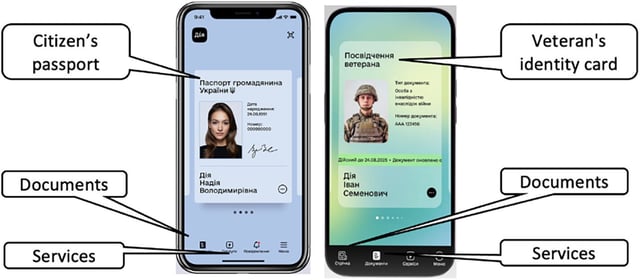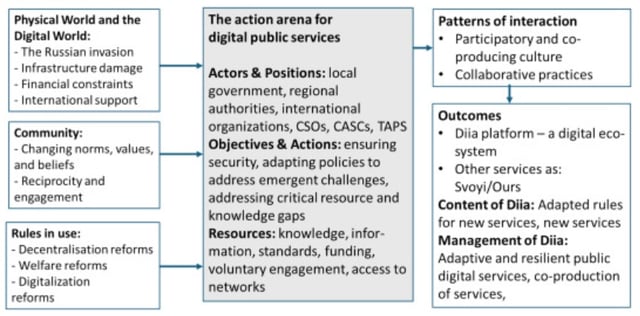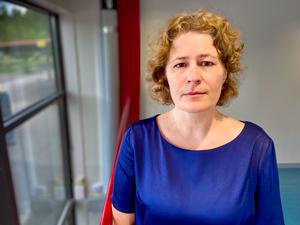Overview
- Peer‑reviewed research from Linköping University, published in Government Information Quarterly in September 2025, analyzes how service delivery persisted under wartime conditions.
- Surveys of 239 public officials and 882 citizens, plus ten interviews, depict a shift from sporadic interactions to coordinated co‑production across government and civil society.
- The Diia platform served as a central digital hub connecting grassroots solutions to state systems, with the app installed by more than half of Ukrainians.
- Researchers identify growing social trust—built over years since the Orange Revolution—as the enabling condition for cooperation, while noting ongoing corruption concerns.
- The authors caution that data come from a single region and are not fully representative, and they urge investments in flexible, inclusive governance and sustained trust‑building before crises.


